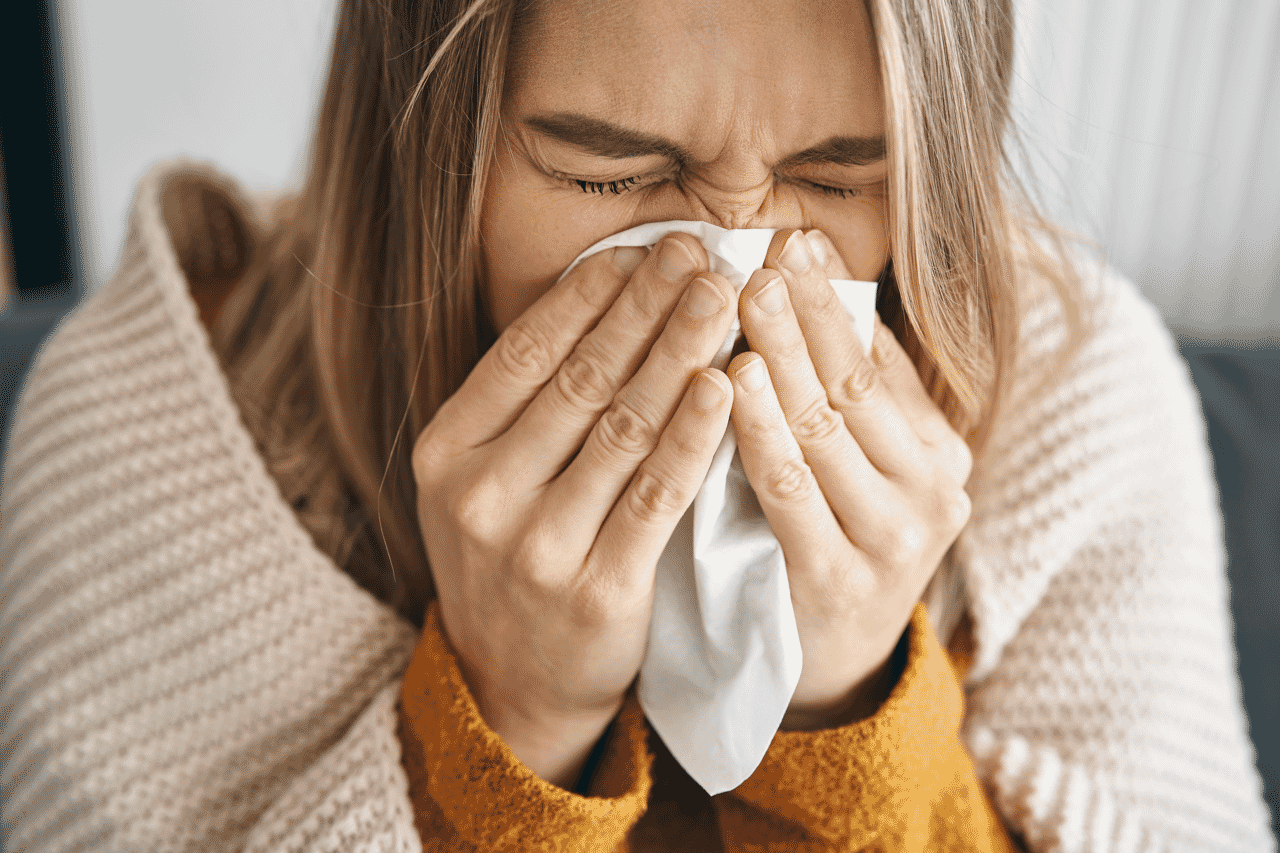
Preparing for Flu Season: A Global Perspective on Workplace Health
Preparing for Flu Season: A Global Perspective on Workplace Health
As the warmth of summer fades, the arrival of autumn signals the start of flu season in many parts of the world. For employers and employees alike, it’s important to take proactive steps to safeguard health and well-being as flu season approaches. Here’s a guide to help you and your team prepare for the flu season no matter where you’re based.
Why Flu Season is Important
Flu season typically peaks between late autumn and early winter, though it can vary by region. In many countries, flu cases surge between December and February, but the virus can circulate as early as October and continue into May. Influenza is highly contagious and can lead to serious illness, missed workdays, and a decline in overall productivity. Taking measures to protect yourself, your colleagues, and your workplace from the flu can significantly reduce these disruptions.
The Importance of Vaccination
One of the most effective ways to prevent the flu is through vaccination. Flu shots are widely available at pharmacies, clinics, and healthcare facilities worldwide. Getting vaccinated not only helps protect you but also reduces the spread of the flu to others, especially those who may be more vulnerable, such as the elderly, young children, and those with pre-existing health conditions.
For further information on Influenza, you can visit World Health Organisation’s advice here.
Where to Get Vaccinated
Flu vaccines are accessible globally, through a variety of channels depending on where you are. Some places to consider include:
- Pharmacies or drug stores
- Hospitals and clinics
- Mobile vaccination units
- Community health centres
If you’re unsure about where to get vaccinated, consult your local healthcare provider for guidance. Many employers also arrange vaccination drives, making it convenient to get your flu shot at work.
Recognising Flu Symptoms
It’s important to recognise flu symptoms early to prevent spreading the virus to others. Common symptoms include:
- Fever or chills
- Cough
- Sore throat
- Runny or stuffy nose
- Muscle or body aches
- Headaches
- Fatigue
If you experience any of these symptoms, it’s crucial to stay home and rest. This not only aids your recovery but also helps reduce the risk of spreading the flu in the workplace.
Employee Assistance and Health Resources
Many companies offer health benefits that can assist employees during flu season. If your company has an Employee Assistance Program (EAP), this may include access to medical advice, mental health support, or guidance on managing flu-related concerns.
In some cases, employers may offer flu vaccinations as part of a workplace wellness initiative. If this option is available, take advantage of it to reduce the likelihood of illness in the workplace.
If your workplace doesn’t currently offer an EAP or flu-related benefits, it may be worth exploring options to add these services. Employee wellness programs can go a long way in boosting morale and reducing absenteeism during the flu season.
Stay Informed and Take Preventative Steps
In addition to getting vaccinated, there are several other ways to protect yourself and others from the flu:
- Wash your hands regularly with soap and water.
- Use hand sanitisers when handwashing isn’t possible.
- Avoid touching your face, especially your eyes, nose, and mouth.
- Practice good respiratory hygiene, such as covering your mouth and nose with a tissue or your elbow when coughing or sneezing.
- Maintain a healthy lifestyle by eating well, staying hydrated, and getting enough sleep.
By staying informed and taking these steps, you can help reduce the impact of the flu season on your health and your workplace. Proactively supporting each other during this time ensures that the flu’s effects are minimised, allowing everyone to stay productive and healthy.
Reach Out for Support
If you have any questions or need support regarding health benefits or flu prevention, don’t hesitate to contact your employer’s human resources (HR) department or healthcare provider, or if you would like to organise a people-risk audit to assess your current offering you can contact one of our Black Mountain team here. By staying connected and informed, you can take the necessary steps to protect your health this flu season.